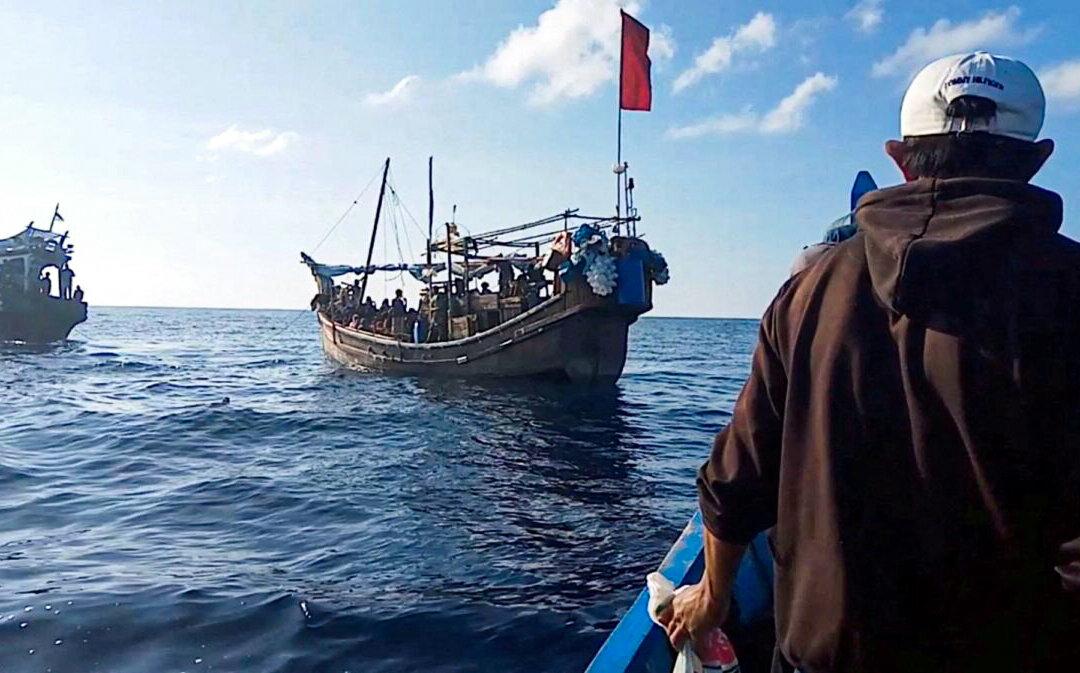Indonesian authorities have imposed 24-hour maritime patrols along the shores of its northernmost province of Aceh to prevent Rohingya refugees from reaching the country, according to multiple reports.
The country has increased maritime surveillance near Aceh after more than 1,000 Rohingya refugees arrived by boat the previous week. The United Nations said the refugees entered Aceh in overcrowded boats.





